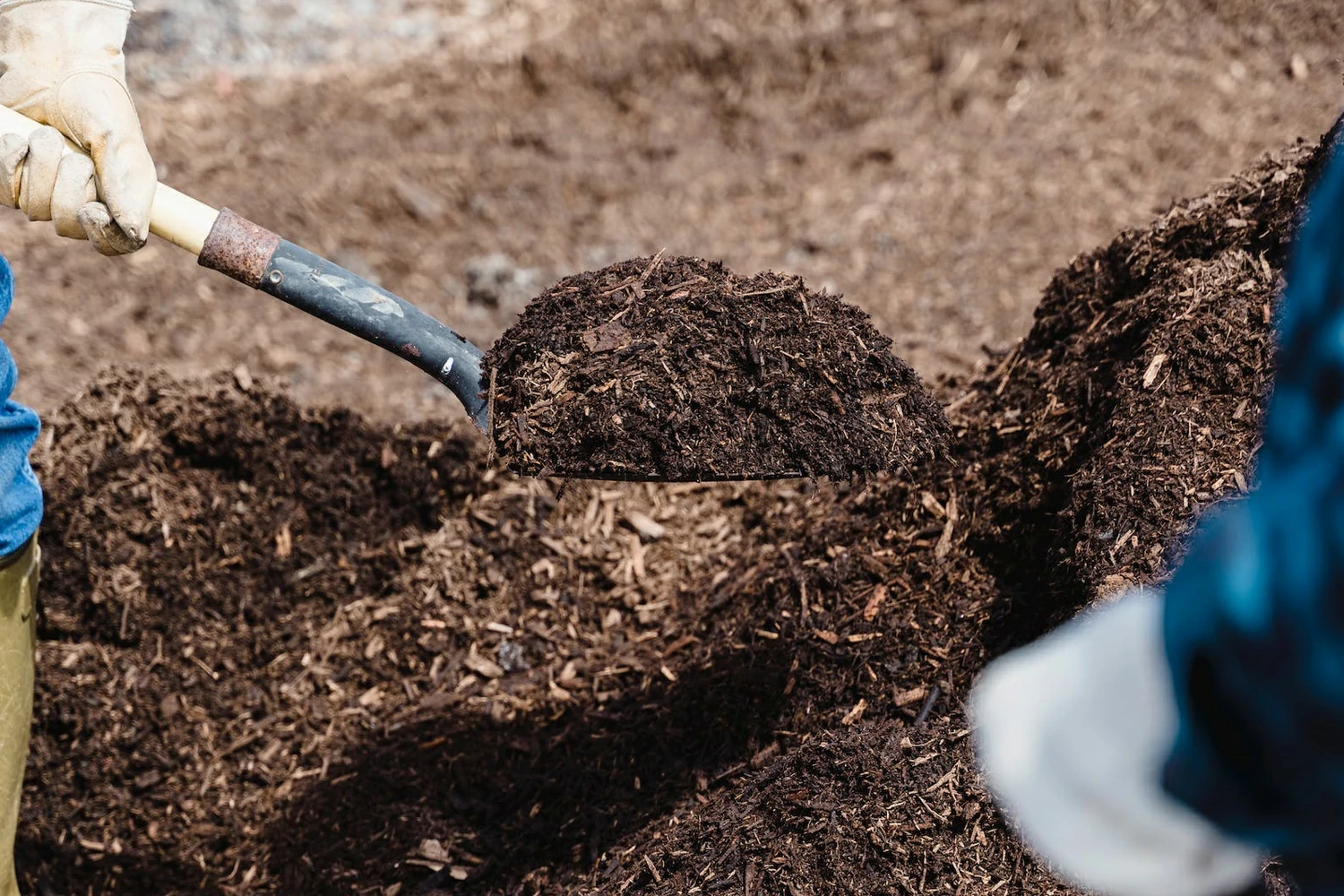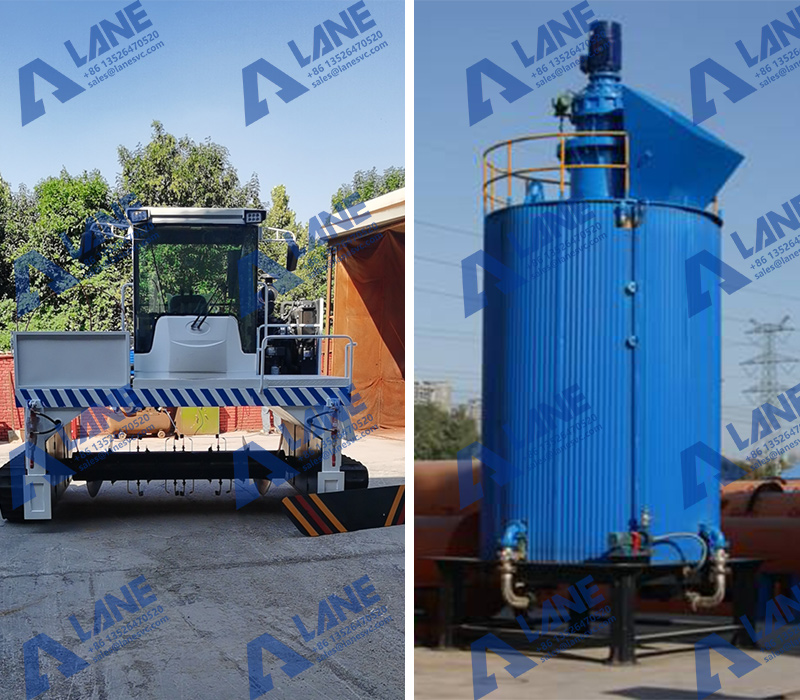author: Zero Shen
from: LANE Machinery Groups
The Sheep Manure Fertilizer Production Line is a transformative solution that harnesses the nutrient-rich potential of sheep manure to create organic fertilizers. This production line not only addresses the challenges of waste management in the livestock industry but also contributes to sustainable agricultural practices by providing farmers with an eco-friendly alternative for soil enrichment.
Sheep manure has high quality ,which contains high nutrients, including organic matter, nitrogen, phosphorus and potassium. The content of organic matter and nitrogen is higher than pig manure and cow manure. It is a good raw material for organic fertilizer production.
Microbial activity: The sheep manure fertilizer production line often includes organic matter fermentation and microbial treatment steps, which help to improve the activity of beneficial microorganisms in fertilizers and promote the ecological balance of the soil.
Adjustment of soil structure: organic fertilizer is rich in organic matter, which can improve soil structure, increase soil aeration and water retention, and improve soil fertility.
Reduce the risk of pollution: through scientific treatment, sheep manure fertilizer production line can reduce the risk of pollution of water and air by livestock and poultry manure, which is helpful for environmental protection.

Raw Material Collection and Handling: The process begins with the collection of sheep manure from farms, a valuable resource that, when properly processed, becomes a potent fertilizer. The raw material is carefully handled to ensure the preservation of its nutrient content during transportation to the production facility.
Solid-Liquid Separation: Upon arrival at the facility, the sheep manure undergoes a solid-liquid separation process. This step extracts the liquid component, known as the “manure tea,” which contains valuable nutrients like nitrogen, phosphorus, and potassium. The solid residue, rich in organic matter, serves as a crucial input for the subsequent stages of fertilizer production.
Composting: The solid sheep manure is then subjected to a composting process, where microbial activity transforms it into a nutrient-dense organic material. Composting not only stabilizes the organic matter but also facilitates the breakdown of pathogens and weed seeds, ensuring the final fertilizer is safe and effective.
Fermentation and Microbial Inoculation: To enhance nutrient availability and promote soil health, the composted manure undergoes a fermentation process. Microbial inoculants, such as beneficial bacteria and fungi, are introduced to enrich the fertilizer with essential microorganisms that aid in nutrient absorption by plants.

Granulation and Drying: The fermented and enriched manure is processed through a granulation machine, shaping it into uniform pellets. The granules are then dried to the optimal moisture content, ensuring a stable and easy-to-handle fertilizer product.
Quality Control and Testing: Throughout the production process, rigorous quality control measures are implemented. The final product undergoes testing to verify nutrient content, microbial activity, and absence of contaminants. This ensures that farmers receive a reliable and effective organic fertilizer.
Packaging and Distribution: The finished sheep manure fertilizer is efficiently packaged for distribution. Eco-friendly packaging options may be employed to align with the sustainability goals of both producers and consumers. The distribution network ensures that farmers have access to this organic fertilizer, supporting their commitment to sustainable and environmentally friendly agriculture.
The sheep manure fertilizer production line proves the potential of converting agricultural waste into a valuable resource. By embracing organic and sustainable practices, this production line not only addresses waste management challenges but also contributes to the creation of healthier soils and more resilient agricultural ecosystems. As farmers increasingly seek environmentally friendly solutions, the sheep manure fertilizer production line stands as a beacon of innovation in the realm of organic agriculture.